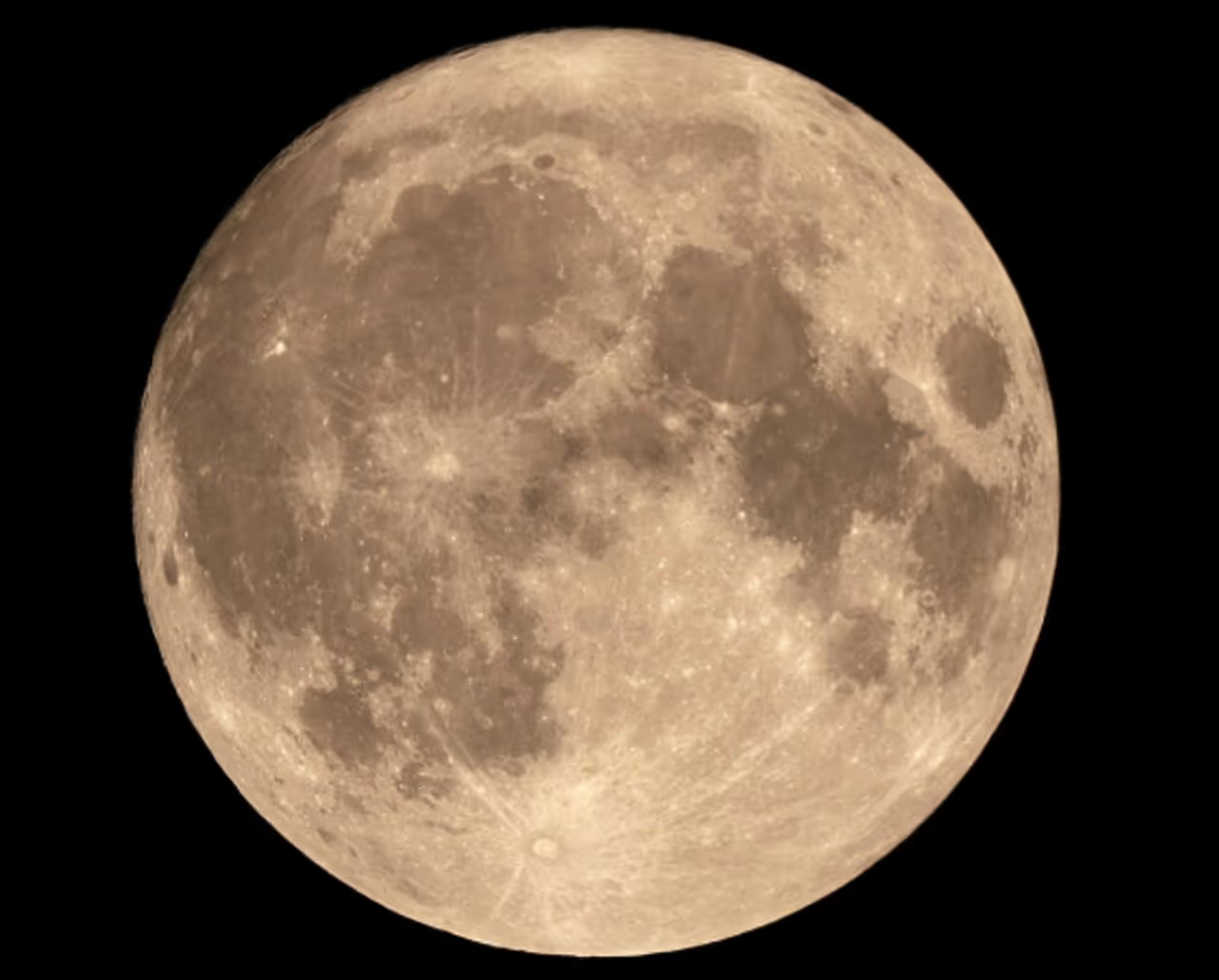
By Joe Lombardi From Daily Voice
The night sky is set for a dazzling show as the year’s biggest and brightest full moon makes its appearance this week, promising a supermoon spectacle that will outshine all others in 2025.
The Full Beaver Moon, known for its impressive size and glow, will reach peak illumination at 8:19 a.m. ET on Wednesday, Nov. 5.
While the moon officially peaks in the morning, the best time to catch the supermoon will be the evenings of Tuesday, Nov. 4 and Wednesday, Nov. 5, right as it rises in the east after sunset.
Skywatchers across North America can expect this supermoon to appear about seven percent larger and 16 percent brighter than an average full moon.
It's the biggest and brightest full moon of 2025, and the second of three consecutive supermoons this year.
November’s supermoon is called the “Beaver Moon,” a name rooted in both Native American tradition and colonial history.
According to the Old Farmer’s Almanac, “This is the time of year when beavers begin to take shelter in their lodges, having laid up sufficient food stores for the long winter ahead. During the fur trade in North America, it was also the season to trap beavers for their thick, winter-ready pelts.”
At its closest, the Beaver Moon will be just 221,817 miles (356,980 kilometers) from Earth, marking the closest approach of any full moon in 2025.
On clear nights, the supermoon will cast faint shadows and light up the sky from dusk till dawn.
The excitement does not end with the supermoon.
The Southern Taurid meteor shower peaks around Tuesday to Wednesday as well, possibly producing a “fireball swarm” that could outshine Venus.

 Daily Voice
Daily Voice
 Raw Story
Raw Story Essentiallysports Football
Essentiallysports Football AlterNet
AlterNet The Week Politics
The Week Politics The Babylon Bee
The Babylon Bee The Daily Beast
The Daily Beast ESPN NFL Headlines
ESPN NFL Headlines 6abc Action News Sports
6abc Action News Sports ABC News
ABC News